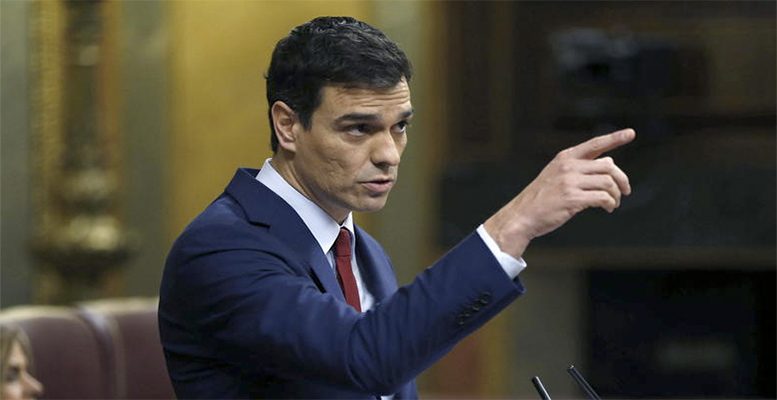Ana Fuentes | The IMF point to a slowdown in global growth. The Economist talks of “slowbalisation” and this could mislead in countries in electoral campaigns like Spain. Even if the economy faces structural problems like unemployment and the public deficit, it is not certain that it is suffering a slowdown.
The IMF expects the world to grow an average of 3.3% this year, two tenths than its previous estimate. True, it is the lowest rate since 2009, and results, among other things, from the confrontation between China and the US, the economic crises in Argentina and Turkey, the tightening of credit conditions in China and the slowdown in Europe.
Spain and the US are the only developed countries which are going to grow more than 2%. On the case of Spain, exports, which were driving Spanish growth, have weakened, but domestic demand has grown. External debt has fallen from 100% of GDP in 2014 to 77% in 2018. The risk premium is just below 100 basis points, compared to Italy’s 250 b.p.
But beyond the data, the analysis is currently conditioned by the effect of the electoral campaign. The citizens vote on 28 April, a month before the European elections and, depending on if we are talking about a socialdemocrat or liberal conservative candidate, it seems that the Spanish economy will enjoy good health or go to the dogs.
In recent headlines:
“We are repeating what happened in 2008 and when Spain enters a crisis it really does so”, asserts Daniel Lacalle, economic advisor to the PP, which covers the centre-right, from liberal to social conservative.
“The economy has not slowed down, on the contrary”, says Daniel Fuentes, economic advisor to the socialist government of Pedro Sanchez, which according to the polls enjoys the best position (with more than 130 seats, while the PP remain with between 80 and 90), although they will need support from other parties.
The party which wins will need parliamentary agreements to tackle serious problems like creating stable employment, control the high levels of public deficit (although Spain has escaped Brussels’ vigilance) and to reform the pensions’ system to guarantee its future survival.
For veteran journalist and ex-editor of La Vanguardia Joan Tapia, the economy has been missing from the campaign, at least for now, among other things because historical figures like Luis de Guindos, now in the ECB, are no longer in the front line of Spanish politics.
The economists Alvaro Sanmartin and Federico Steinberg call for rigour from politicians and their economic advisors: “Please avoid interminable debates about who imposed their economic narrative; be honest handling information and how it is communicated to the public, and worry more about what is important and less about what appears to be urgent”, as they published this week in the daily El Pais.





